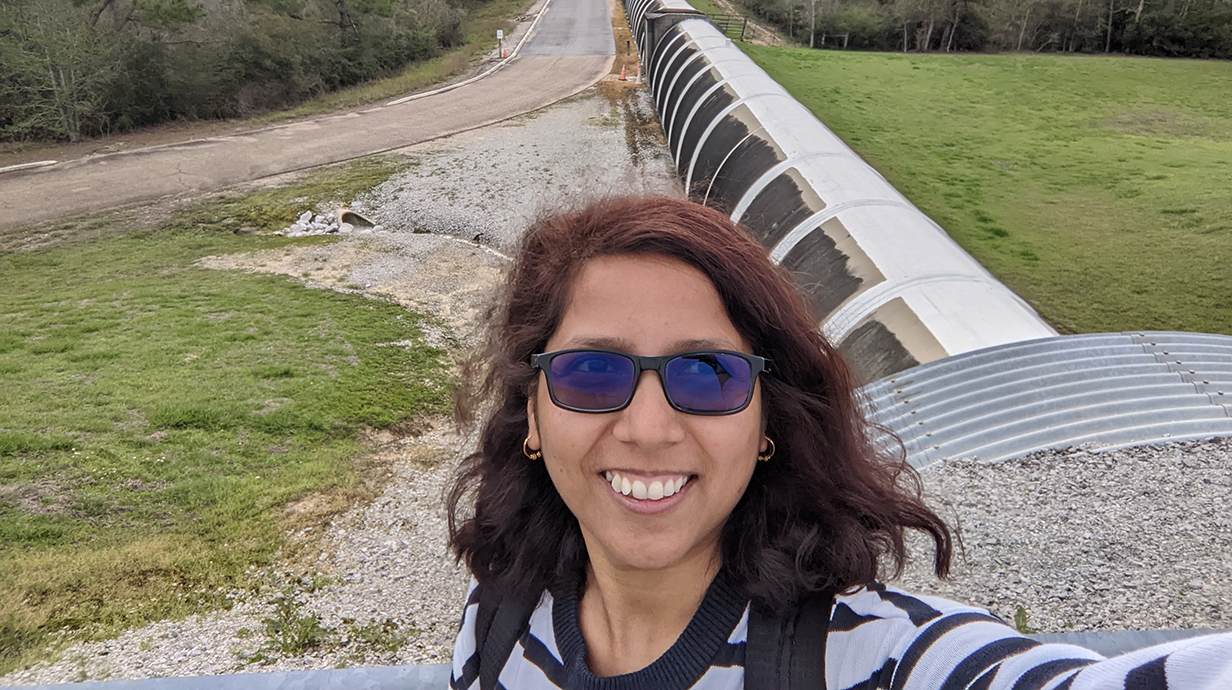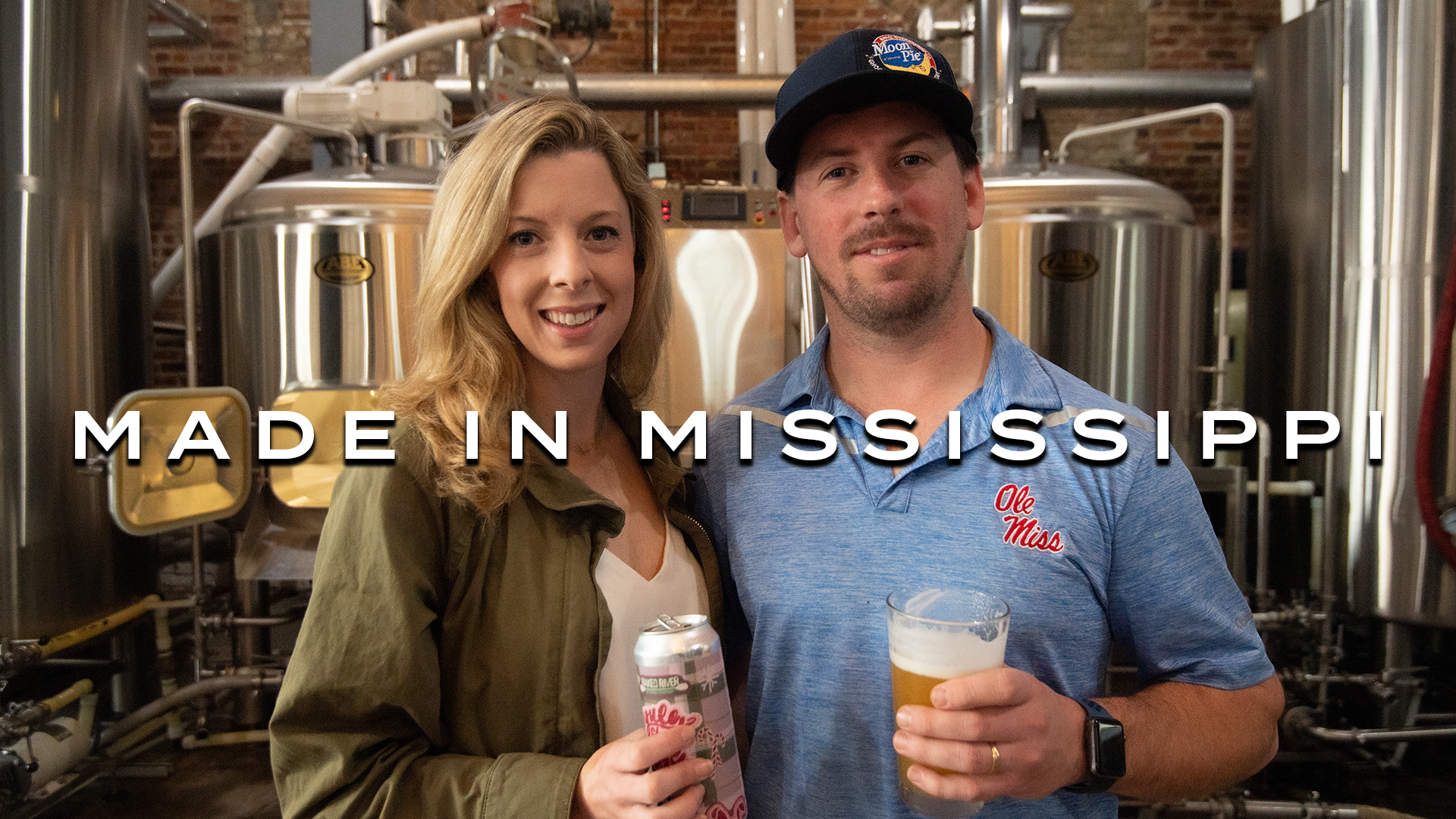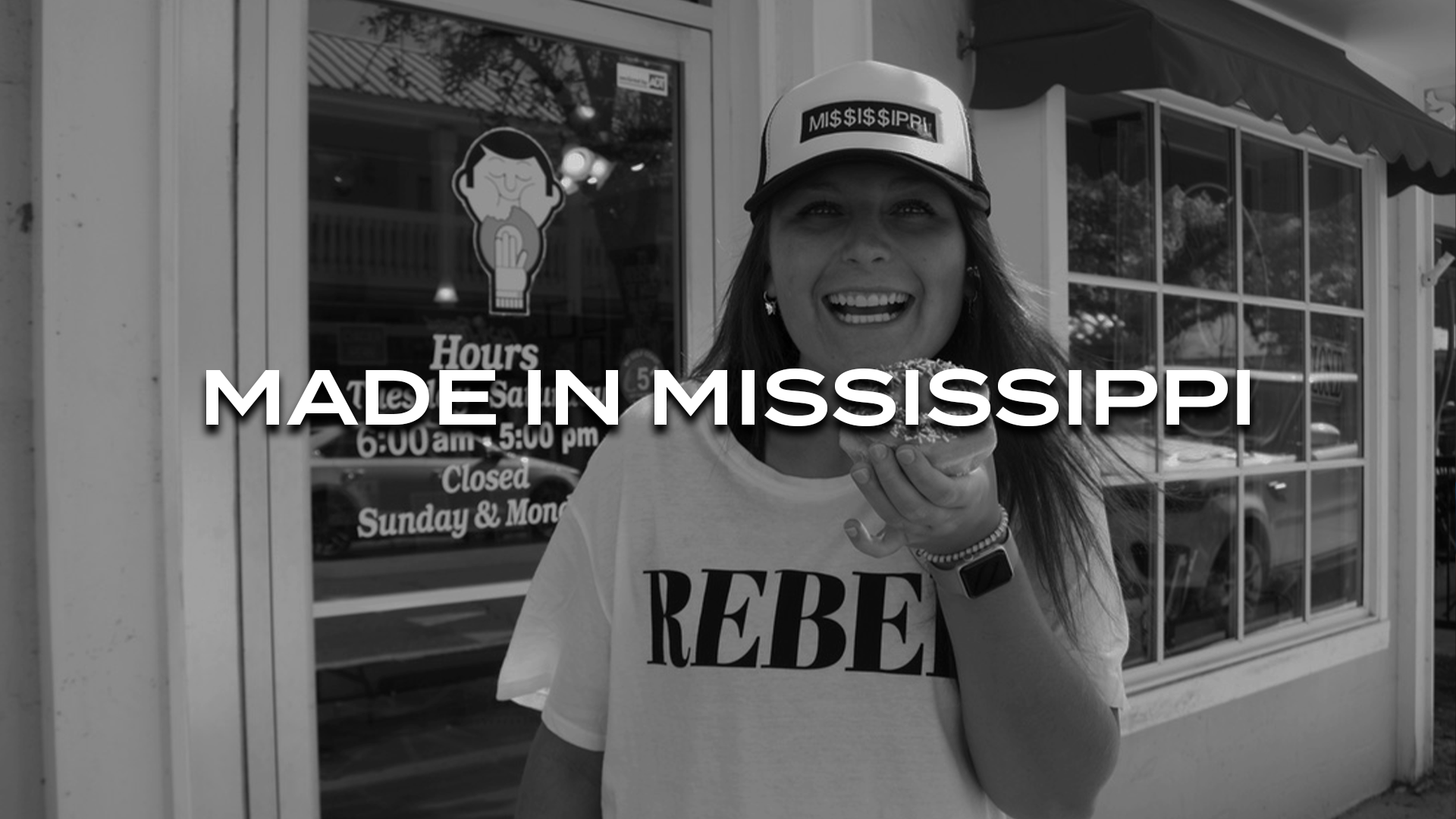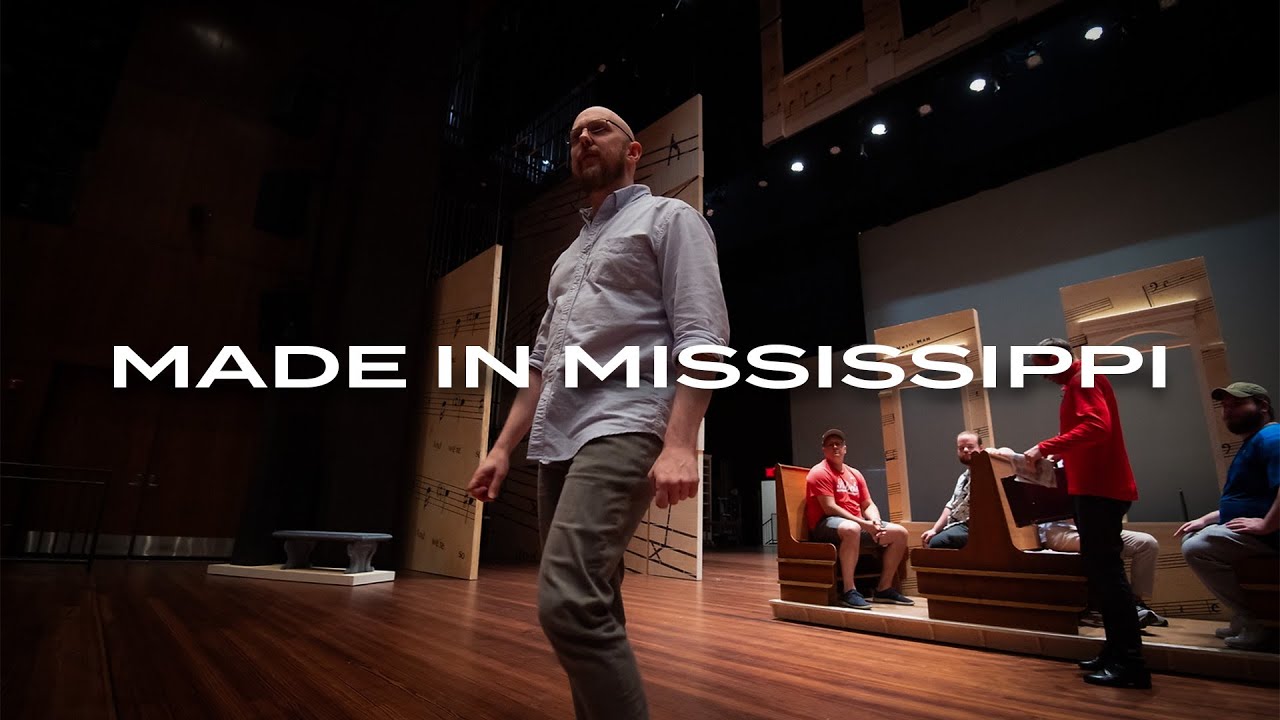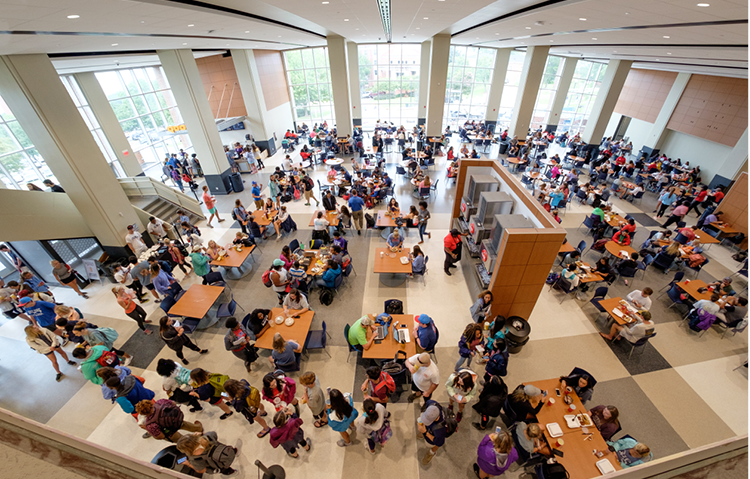Latest News
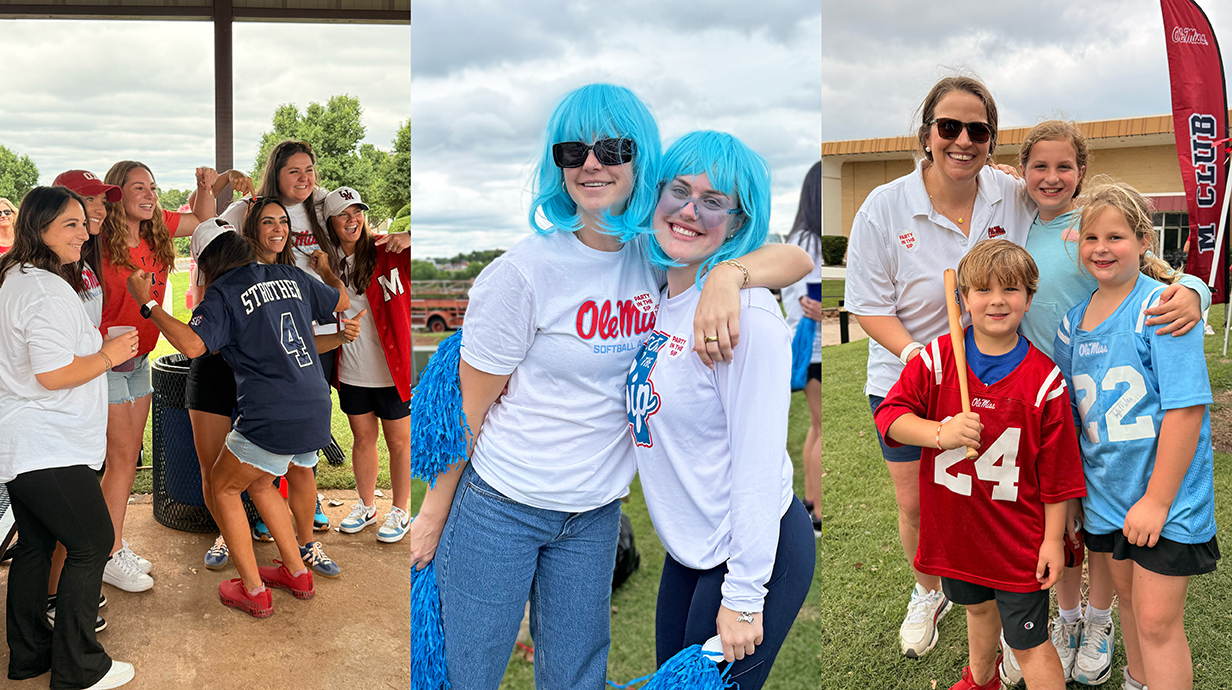
Alumni News
'We Come as One, We Stand as 10,000'
OKLAHOMA City, Okla. – University of Mississippi players and faithful left Oklahoma City without a championship but went home with something just as powerful: a legacy of love and family that filled every corner of Devon Park.

